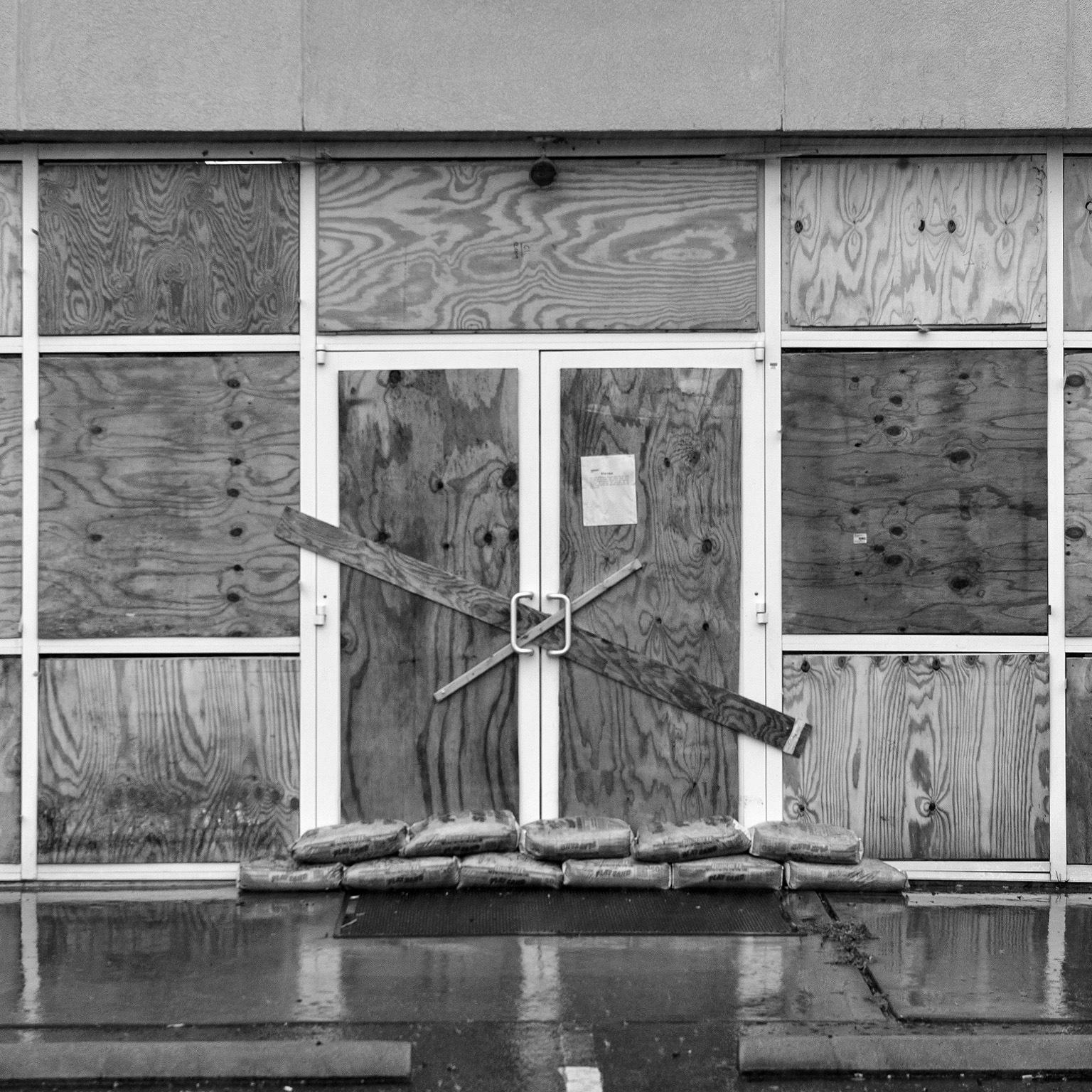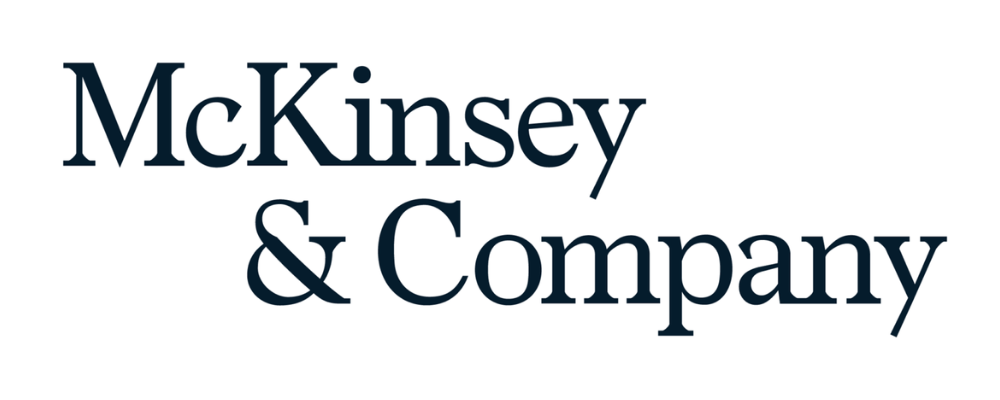
Hurricanes Helene and Milton wrought destruction as they lashed across the southeastern United States in late September and early October. Lives were lost. Properties were ruined.
Amid this devastation, it’s worth noting the considerable toll that storms like these can take on the small businesses that happen to lay in their paths. Small businesses can help knit together the fabric of a community, and many people depend directly on such enterprises for their livelihoods.
Potential knock-on effects from damage to small businesses could also create challenges that extend to the broader economy. Micro-, small, and medium-size enterprises (MSMEs)—defined as enterprises with fewer than 500 employees—collectively play a major role in powering the US economic engine. They create millions of jobs, including roughly 87 percent of jobs in construction, 64 percent in professional services, and 62 percent in accommodation and food services. What’s more, they foster business dynamism. Of the publicly traded US companies valued at $10 billion or more in 2023, 17 percent were MSME s at some point since 2000. Similarly, some of the large companies of tomorrow will surely emerge from the small firms of today.
Transparency can help guide more efficient responses both during crises and in their long-term aftermath. And helping small businesses regain their footing during a challenging moment can have positive effects that extend beyond the fate of one firm. Drawing on data sets created for a recent report on small enterprises from the McKinsey Global Institute, the following is an analysis of the potential impacts of Hurricanes Helene and Milton on MSMEs in two storm-afflicted US states. It is difficult to pinpoint the specific small businesses that have been harmed by the hurricanes, but this article compiles a comprehensive set of statistics relating to the universe of MSMEs in the counties named in the Federal Emergency Management Agency (FEMA) disaster declaration for individual assistance as of October 28, 2024 (while noting that counties could be added or removed at a later date as more information emerges).
Providing relief to MSMEs that have been affected by natural disasters could help restore jobs, heal communities, and mitigate ripple effects on the broader economy. Government-level aid can bolster recovery efforts, as can time and money donated by generous individuals. But larger companies that have been spared the adverse effects of a natural disaster have also played roles in helping MSMEs regain their footing (see sidebar, “Companies can help other companies in times of duress”).
Big companies that want to help their smaller counterparts recover might consider how to bring specific strengths to the cause. Different sectors have different needs. Providing financing, expertise, facilities, and resources can all be ways to help small enterprises endure challenging moments and thrive again.
“Our firm is designed to operate as one—a single global partnership united by a strong set of values. We are equally committed to both sides of our mission: attracting and developing a talented and diverse group of colleagues and helping our clients create meaningful and lasting change.
From the C-suite to the front line, we partner with clients to help them innovate more sustainably, achieve lasting gains in performance, and build workforces that will thrive for this generation and the next.”
Please visit the firm link to site


